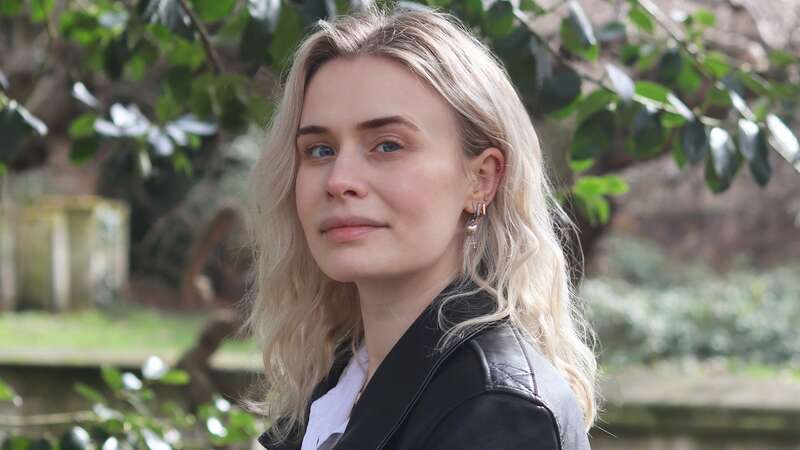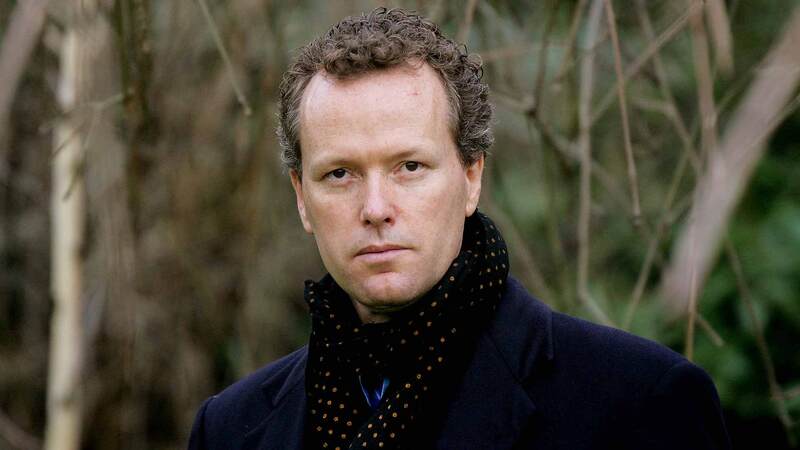You are viewing your 1 free article this month. Login to read more articles.
Carol Ann Duffy's Manchester Writing Competition unveils 2016's shortlists
The shortlists for poet laureate Carol Ann Duffy's Manchester Writing Competition, comprising the Manchester Fiction Prize and the Manchester Poetry Prize, worth £10,000 apiece, have been revealed.
The competition, devised and launched in 2008 by Duffy [pictured] and hosted by Manchester Writing School at Manchester Metropolitan University, is designed to encourage new work and seek out the best creative writing from across the world, and well as to establish Manchester as the focal point for a major international prize. Entrants were asked to submit a portfolio of three to five poems, or a short story of up to 2,500 words.
The 2016 Fiction Prize, judged by Nicholas Royle, Janice Galloway and Juliet Pickering, has shortlisted: Michael Conley, a 32-year-old teacher from Manchester, and graduate of the Manchester Writing School at Manchester Metropolitan University, for his story "The God Quetzalcoatl Has Retired and Now Runs a Pub in North Manchester"; Erinna Mettler, a Brighton-based writer and co-director of The Brighton Prize for short fiction and spoken word group Rattle Tales, for "Sixteen Feet", about a dog-walker who finds a fisherman’s boot washed up on the beach, with something "off-white, hard and knobbly" inside it; Laura Pocock, an English teacher living in Leicester, and imminent graduate from Nottingham Trent University with an MA in Creative Writing for "The Dark Instruments" about a man who goes out to his garage in the middle of the night to check on his tools and knives and "whatever’s under that tarpaulin".
The other shortlisted authors are Lucy Ribchester, who lives in Edinburgh and has already penned two novels, The Hourglass Factory and The Amber Shadows (Simon & Schuster UK) for "Succubus", its premise, "A mechanic is killed in a street fight. The following morning, the taste of tequila in her mouth, Rebecca wakes up in bed next to him"; Sophie Wellstood, from Warwickshire, whose debut novel publishes in 2017, for "The First Hard Rain". Its protagonist Rachael joins her ex-husband and his mother to scatter her former father-in-law’s ashes over the M6, "It was his favourite motorway" and DW Wilson, the youngest-ever winner of the BBC's National Short Story Award (for "The Dead Roads" in 2011, then aged 26) for "All This Concrete Beneath Your Feet", about a man and his young son on a journey down the Alaskan Highway.
Nicholas Royle, senior lecturer in Creative Writing at Manchester Writing School, said: “The judges read stories about abusive uncles and misogynist magicians; stories of regret, revenge and retribution; narratives set in ancient times and missives from the far future. We read touching tales about dementia and heart-breaking accounts of the deaths of children. We read a story narrated by an onion and another by the axe used to execute Thomas Cromwell.
“For some bizarre reason known only to a surprisingly large number of the 1,500 or so entrants, we read a disproportionately large number of stories about seagulls. Well, all right, not exactly about seagulls, but in which seagulls were to be seen or heard."
The shortlist meanwhile for the 2016 Manchester Poetry Prize praised each work for its ability to both "live on the page and on the breath", with themes ranging from "the biblical to the everyday". It was devised after judges Sarah Howe and Helen Mort personally went through almost 2,000 entries.
It comprises: Eric Berlin, whose poems won the National Poetry Prize 2016; Dante Di Stefano, author of Love is a Stone Endlessly in Flight (Brighthorse Books); Sakinah Hofler, assistant moderator for Book-in-a-week.com, formerly a quality and chemical engineer for the United States Department of Defense, who now spends her time teaching and writing fiction, screenplays, and poetry; London-born poet Rebecca Tamás, currently completing a PhD in Creative and Critical Writing at The University of East Anglia; and Ruth Tang, winner at the 2016 National Poetry Competition Singapore; Eoghan Walls, from Derry, a lecturer in Creative Writing at Lancaster University.
Adam O'Riordan, senior lecturer in Poetry Writing at Manchester Writing School, said: "As ever this was a thrilling and a rigorous process in which we weighed the merits of each portfolio. As it should, in the end it came down to trying poems on our breath; the best defence of any poem was reading it aloud. The poems that made it to the shortlist seemed to live on the page and on the breath. There's a pleasingly wide range of themes and experiences on show; the concerns of a globalised world in which sensibilities and experiences collide. But in each of the shortlisted portfolios is a sensitivity to the music and rhythm of the English language and also the potential of poetry to see life in new ways; to delight, to disturb to make the reader think and feel."



















